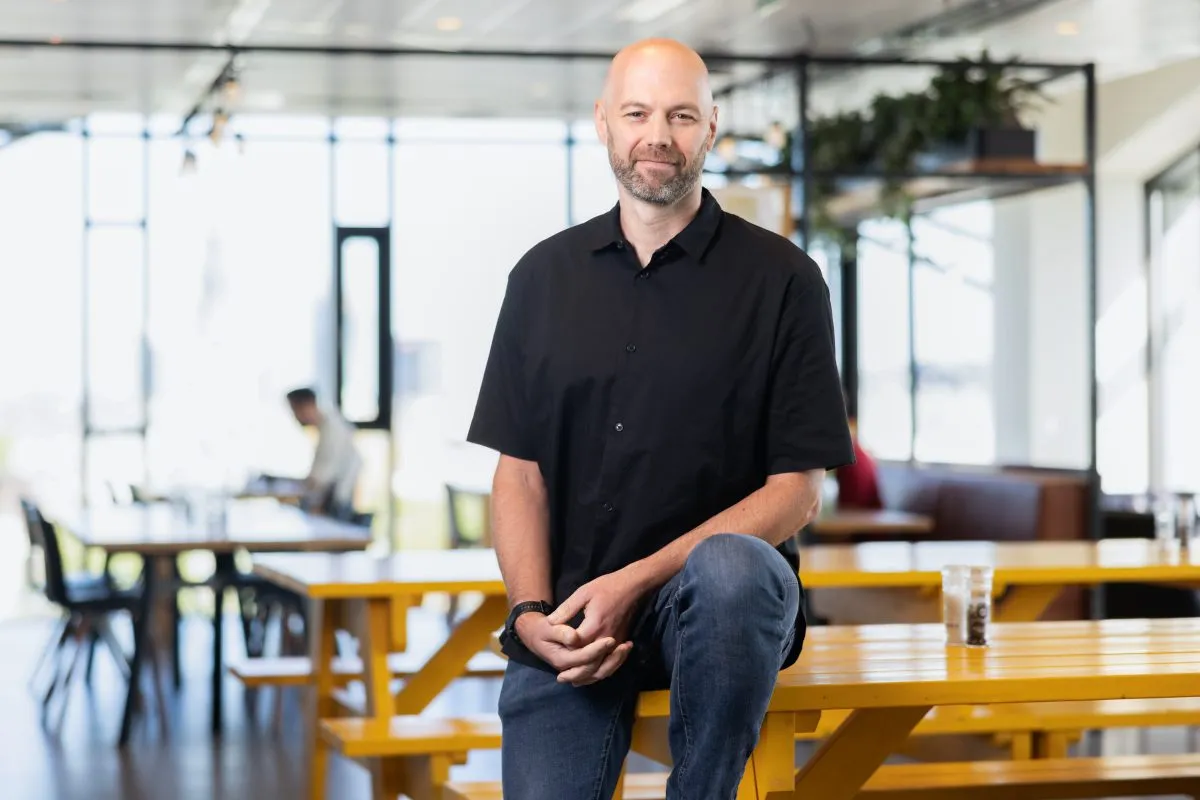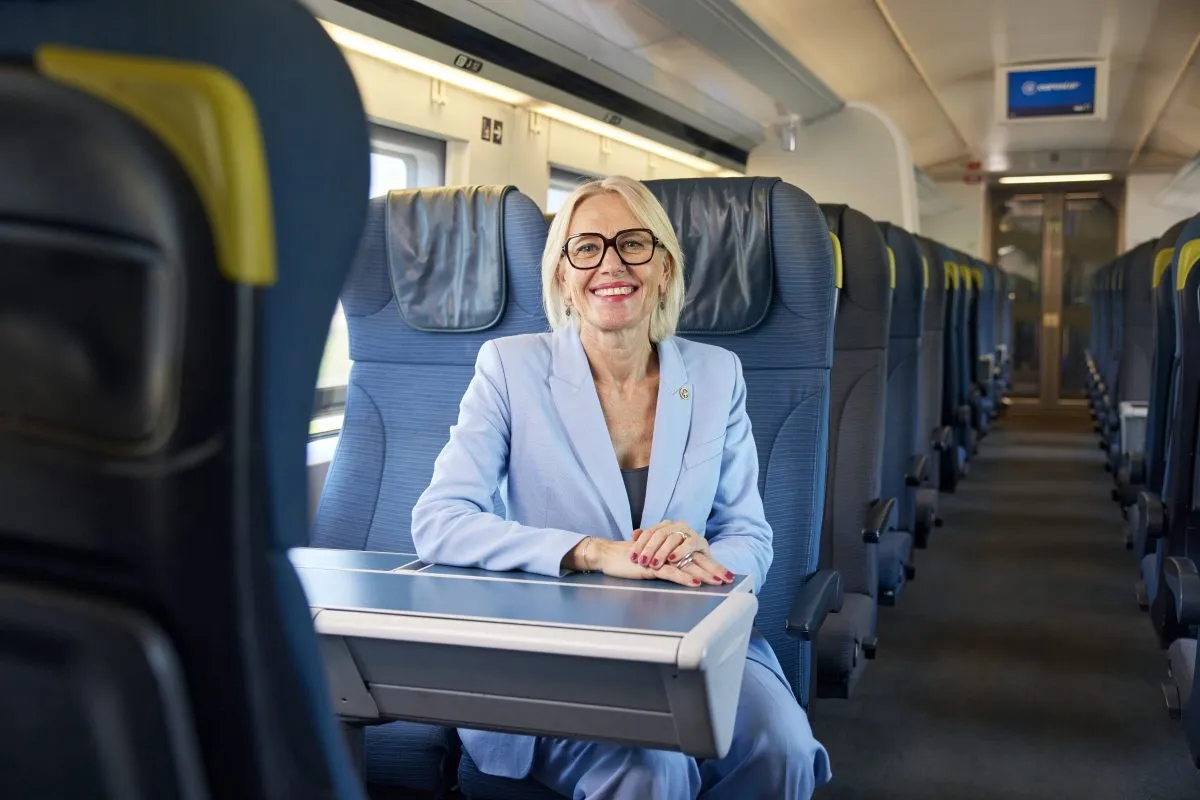Amadeus and Microsoft Are Working on More AI Innovations — Here Are 3

Skift Take
Amadeus and Microsoft have been working together to explore how generative AI can be integrated into new technologies for the travel industry.
The companies, which announced a strategic partnership in early 2021, made two big announcements over the past several weeks about the result of the generative AI exploration.
And there’s more to come, according to Cyril Tetaz, executive vice president of airline solutions for Amadeus.
“We have many other initiatives with Microsoft,” Tetaz said during an interview with Skift.
The primary business for Amadeus is its distribution system, an intermediary between airlines and travel sellers. It also has a large business of providing software to airlines and a growing hotel software business.
Most recently, Amadeus revealed a new AI-powered retail system meant to make airline sales more like shopping on Amazon. It’s meant to help airlines more easily sell its own products as well as other travel products like hotels. For the customer, that means a simple app for tracking everything.
The companies also recently revealed that they are piloting a connection between the upgraded Microsoft 365 chat and Cytric Easy, the corporate travel booking platform owned by Amadeus. The vision is that an employee could use natural language through Microsoft 365 to book a business trip.
Below are highlights of three other AI-related projects Amadeus working on in partnership with Microsoft, according to the interview with Tetaz. Microsoft has exclusive access to ChatGPT’s tech as an early investor in OpenAI.
All three are products that Amadeus clients would contract the company to use for their own businesses. Everything will be hosted on the cloud-based Microsoft Azure system, set up in a way that gives clients easy access to real-time data that they can use to inform decisions.
1. Personalized Airline Homepages
Tetaz said Amadeus already has a pilot in place with one client to explore how to personalize website landing pages. That means the homepage of an airline would be unique for each user depending on data they provide through customer profiles.
The vision includes embedding prices and itineraries directly onto a landing page based on what an individual user typically is looking for.
“We see a much better and much more natural way for the airline to engage with … their app and their website thanks to gen. AI," he said.
2. Airline Crew Rescheduling
Tetaz explained how the passenger management system that Amadeus recently released can be used to automatically send a customer new flight options after a cancellation.
He said Amadeus is working on something similar for flight crews, which would automatically reschedule their itineraries after a cancellation.
“We're really connecting the dots and thinking pretty holistically about that transformation,” he said.
The debacle last December with Southwest highlighted the need to update old crew rescheduling processes: Each crew member needs to be rescheduled after a flight is canceled, which can snowball into a bigger issue if too many cancellations happen at once because parts of that process are sometimes done manually.
3. Simplifying the Work of an Airline Analyst
Amadeus is also exploring how generative AI, particularly Microsoft’s Copilot tool, could be used to help airline analysts better examine data and use it to inform business decisions.
“I really believe you can simplify the way analysts work, especially in the revenue management space and the network planning space," Tetaz said.
The vision is that an airline revenue manager analyst — who tracks how well certain flights and other services are performing compared to competitors — could ask questions in natural language about the best performing products or which competitors are gaining market share. It could also be used to carry out a simulation to show the effect of a potential business action
He also said that AI be used to simplify the way network planners decide which airline routes to add or cut.





